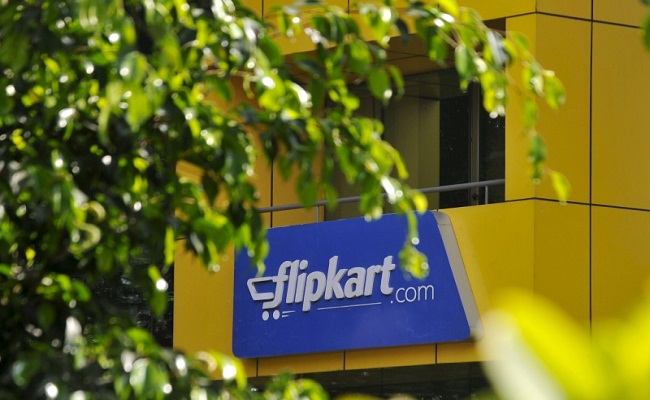Flipkart Confirms Lay-Offs, Estimates Range From 300 To 700
10:40PM Fri 29 Jul, 2016

Days after revealing that it's buying fashion site Jabong for $70 million, Flipkart, India's largest e-commerce company, has announced lay-offs. Without commenting on how many people it will pink slip, a company statement said that it is asking under-performers to leave.
"Employees who do not meet the performance bar...are encouraged to seek opportunities outside the company where their skills can be better utilized," the statement said, adding "this is a fairly common practice" among internet firms. Sources who did not want to be named said "300 people, (about 1-2 per cent of the company) are being let go based on performance, and performance alone". However, other reports, including by the Press Trust of India, said at least 700 people are likely to be removed.
Niche e-commerce players in India are facing greater competition from both domestic rivals and the likes of Amazon.com Inc, at a time when industry valuations have begun to cool.
Earlier this week, Flipkart, launched in 2007, announced that it is buying online fashion retailer Jabong for $70 million in cash. Flipkart unit Myntra, India's largest online fashion retailer which is buying Jabong, said the two sites will have a combined base of 15 million monthly active users.
Myntra, which itself was bought by Flipkart for about $300 million last year, is now in a stronger position to take on Flipkart's biggest local rival Snapdeal and Amazon, which has pledged to invest over $5 billion in India to boost market share in the country.
In January, Sachin Bansal was replaced by co-founder Binny Bansal as top boss. Till the rejig, Binny Bansal was chief operating officer. He is reported to be focusing on tightening costs to compete with competitors Amazon and Snapdeal, backed by Japan's SoftBank.
The Bansals, both former Amazon.com Inc employees, are not related.
Flipkart, which sells everything from cellphones to suitcases, saw its valuation fall from $15 billion to $11 billion earlier this year. Flipkart and its rivals are betting on the millions in smaller towns turning to online shopping for products that are not available from local retailers, boosting growth as increasing numbers gain internet access.
However, fierce competition to win customers through deep discounting has led to mounting losses for Flipkart , Snapdeal and Amazon. Industry insiders say funding is also becoming harder to come by.











